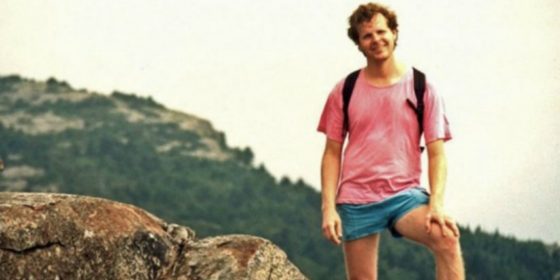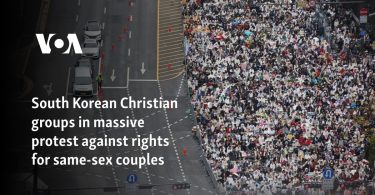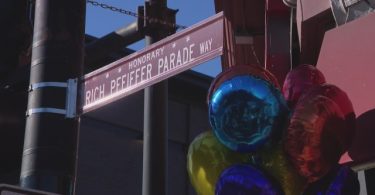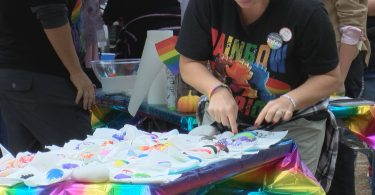The homicides of at least 30 gay men killed in hate crimes remain unsolved decades after they happened in Sydney, Australia.
Police in New South Wales (NSW) – the state of which Sydney is capital – have uncovered at least 88 suspected hate crime murders of gay men between the 1970s and 2000.
One of the most well known cases was the murder of American student Scott Johnson. An unknown person or group murdered Johnson at a popular gay beat in 1988. But police at the time ruled it as suicide. His family fought for years for the cause of death to be changed, and last year celebrated a NSW Coroner’s ruling that Johnson was in fact murdered in a homophobic hate crime.
Even though NSW Police launched an investigation into its handling of those crime in 2016 – Operation Parabel – a new report reveals how institutional discrimination affected LGBTI people, especially in the pursuit of justice.
‘In Pursuit of Truth & Justice’ is the 31-page report from NSW LGBTI health and advocacy organization, ACON. It’s a report into historical crimes against gay men and trans women in NSW. But it also seeks to deliver justice for victims and survivors. The report also hopes to aid the ongoing healing process for people who continue to feel the impact of violence.
‘By exploring the past, we hope to deepen our understanding of these events, which will help us improve current responses to LGBT hate crimes, enhance the criminal justice system and further develop violence prevention strategies,’ said ACON CEO, Nicolas Parkhill.
The report brings to the fore the failures in the criminal justice system in NSW at the time. It also highlights the lasting effects these shortcomings have had on members of the LGBT community.
How to make things right for Sydney’s LGBTI community
Most importantly, the report presents a series of recommendations. The recommendations are aimed at achieving justice and healing for victims and survivors. They also hope to enhance current responses to hate crimes and strengthen ongoing efforts in violence prevention.
‘Hate crimes hurt both physically and emotionally, and affects individuals as well as the entire community. This independent and community-led report is an important step in the long
road to justice and healing,’ Parkhill said.
One of the report’s 18 recommendations calls for an inquiry to explore historical violence against the LGBT community.
It also recommends the NSW Parliament and Police should formally apologize for the inadequate response to violence during that time. Both institutions have only apologized for the violence and discrimination against the 78ers – the protestors who started the Sydney Gay and Lesbian Mardi Gras.
‘It is important to note these events occurred in a time when homophobic and transphobic prejudice and hate permeated our society, thriving in many environments including government agencies, public institutions, courthouses, workplaces, communities, schools and homes,’ Parkhill said.
‘The relationship between LGBT communities and NSW Police has moved forward in the last 40 years. We are in a very different place now compared to what it was and that needs to be further developed.
‘Progress has been made, but there’s still more to do.’







